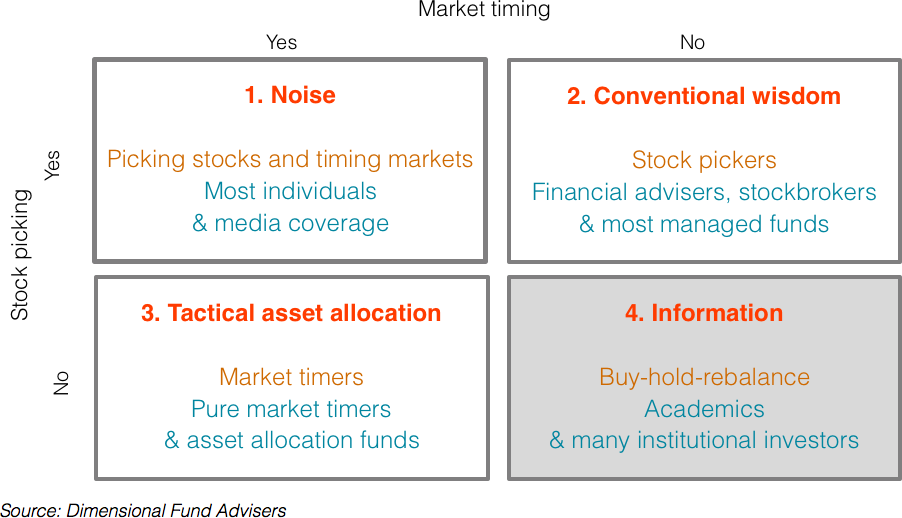
It’s official. The communications have been sent out to our clients and it’s been humbling to receive so many kind responses, and overwhelmingly enthusiastic feedback, for which we are really appreciative. Now we’re excited to announce the next phase for WMM to our wider audience….
Here at our Oxfordshire office, we’re celebrating the merger of WMM with Evans Hart!
A bit of background…
We have noticed in recent years a greater call for planning services, partly due to a backdrop of economic factors making people take more notice of their existing arrangements and, certainly post-Covid, thinking more deeply about what really matters to them and their loved ones. People want to be more certain of their own futures and are seeking guidance on how to get there. Having good plans in place keeps things running on track.
WMM and London-based Evans Hart share a great deal in common and, at a time when demand for financial planning is at record levels, our joining forces will provide long-term benefits for all our clients.
Mike Weston, founder of Weston Murray & Moore, and Stephen Evans, founder of Evans Hart, were both leading the way in long-term financial planning back in the 80s, when the majority of advisers were focused on selling products. Both stood out for their client-centric approach and their strong belief in the benefit and value of financial planning leading advice for optimal client solutions. That ethos remains as strong today in both firms as it was over 35 years ago.
Our merger seems a very natural progression for us, and very much about carrying on doing what both firms do best…… Business as usual, only better.
So, what does this mean for our clients and anyone thinking of working with us? We’ve covered the questions that have been raised so far below, along with a few more for extra information.
What is happening to the office in Deddington?
It’s staying open! We remain here in our office with its beautiful outlook that we know so many of you appreciate. Having a local presence is important to many of you and it is therefore very important to us.
We love working in this space and we know you like coming to meet us here, so the office remains open as always.
How can I contact you?
Our office address and phone number will be unchanged. We will be given new email addresses in time, for efficiency as our back-office systems merge. Even then, our existing emails will still be monitored.
There are more advisers in Evans Hart – how will they be advising me?
Your main point of contact will be, and will remain with, the team at Deddington. At some stage in the not to distant future I’m sure we will harness the advantages of working within a larger team, including a wealth of technical information and support during busier periods.
Evans Hart is the umbrella company under whose banner WMM will continue to work and manage the business as we have always done.
Why did you need to do this?
"If you don't move forward-you begin to move backward". (Mikhail Gorbachev)
It’s important that we avail of extra resources as we continue to grow and, this way, we can keep our existing infrastructure while benefiting from the additional support of Evans Hart.
What are the benefits for your clients, current and future?
Our ambition is to continue growing, benefitting from sharing ideas and expertise. Our relationships will be enhanced through the greater resources available to us and a wider service proposition. We will update you when we are ready to roll out any new services.
What about our fees, are they going to increase now?
Each office/division within the larger group is responsible for their own direct running costs, so that each can run efficiently and avoids costs from other divisions impacting its clients. Our budget reflects our office size and location, our staff levels and all of the equipment and technical insight needed to support our clients with achieving their financial objectives and life goals.
As part of a ‘larger entity’ the Divisions may be able to benefit from cost savings in the coming years. However, as part of the agreement, we are able to guarantee that our fees are not going to increase as a result of the merger.
All fees have always been, and will continue to be, agreed and confirmed in writing before any work is undertaken.
If you’re reading this via our newsletter as an existing client or perhaps on our website as someone with an interest in working with us, and you have any additional questions please do get in touch on 01869 331 469.





 Please do not hesitate to contact a member of the team to find out more.
Please do not hesitate to contact a member of the team to find out more.


Recent Comments